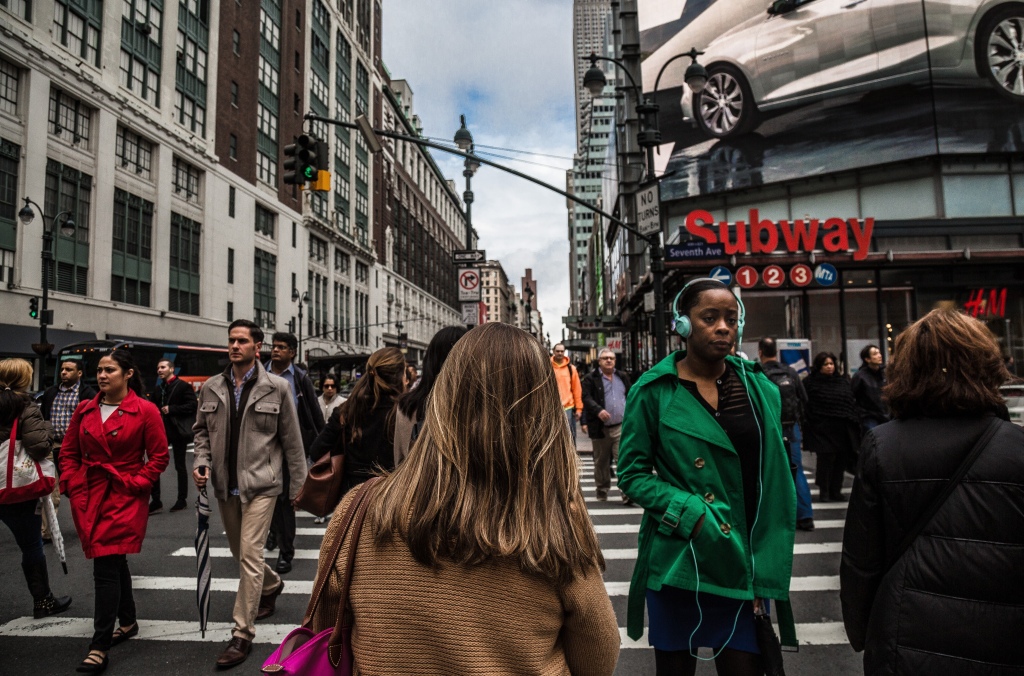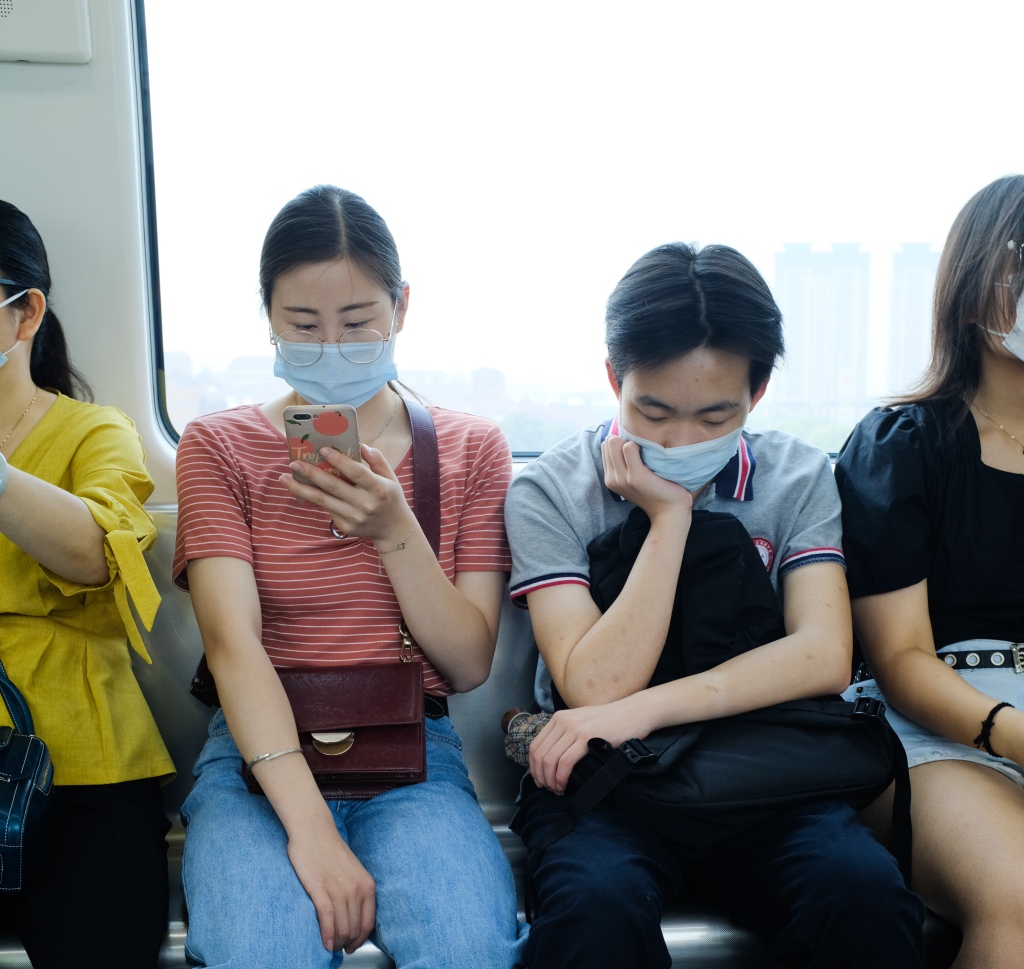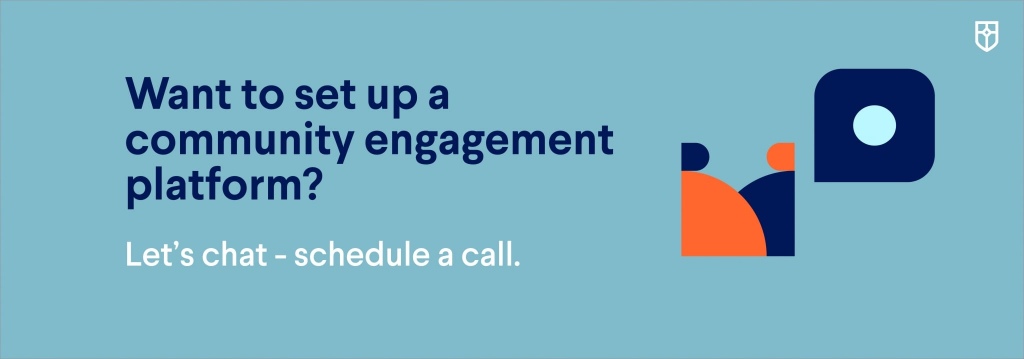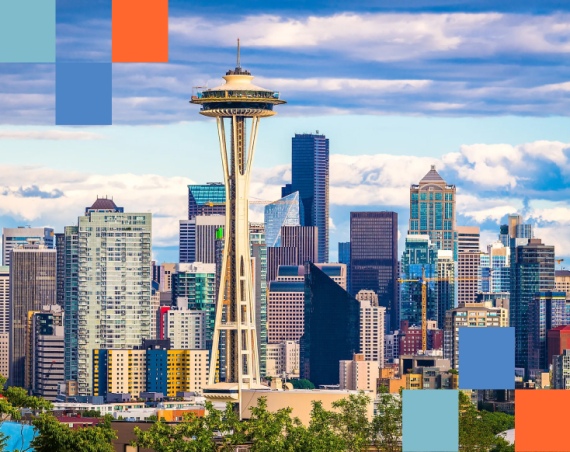For the last year and a half, the world has grappled with a disruptive and deadly pandemic. Earlier this year, the climate crisis reared its head, wiping out entire towns and regions with floods and fires. There’s only way for us to face these trials—by engaging communities and tackling challenges as one.
For most local governments, crisis mode means rushing to develop an emergency plan. Minimizing damage and keeping communities safe, at least for the time being, is key. Few will consider the value—or even the option—of setting up a community-wide participation project as a part of their crisis response.
And we can understand why. Crisis engagement requires time, attention, and funds, all of which tend to be scarce. Yet, in challenging times, involving communities is the wisest decision governments can make. Let’s look at why that is.
Crisis engagement makes communities feel heard

Crises tend to cause strong emotions. At the onset of the pandemic, fear swept our communities. Our resilience was further challenged when the only way out of this crisis proved to be at odds with our inherent need for closeness and support. Rather, we were told to adhere to its polar opposite: physical distance.
COVID-19 made us all scared of the virus. But it also provoked high levels of loneliness, depression, and anxiety. It came with bouts of unemployment and poverty. It deprived us of child care, family support, leisure time, and a social life. In defining a strategy, local governments must always gauge how the community is feeling. These feelings, concerns, and needs should be placed at the heart of local crisis plans.
It centralizes information and streamlines communication

In the wake of an emergency, clear and continuous communication is crucial. Local governments must set up effective communication channels to keep the public informed. These should be easy to find, accessible to all, and as centralized as possible.
A participation platform can play an important role here. Governments can use their platform to share updates, gauge opinions, and collect valuable community insights. Besides, as emergencies are often plagued by rumors, speculations, and fake news, a government-owned information hub can infuse the situation with a much-needed sense of objectivity and clarity.
It helps governments tap into the collective intelligence

In times of crisis, scientists and experts hold the truth. They’ve done the research. They’ve investigated the different scenarios and outcomes. They know we’re unlikely to spread covid while 1,5m apart, but likely to suffer if global warming exceeds 1,5°C.
But while virologists and climate scientists can tell us what to do, the question remains how. Every city, town, or council is radically different. Who has a better grasp of the needs and priorities to address than the people living their lives there? Community members are experts by experience, which means they usually possess a wealth of innovative ideas on how to better the community. By collecting their input, governments will develop stronger policies that are rooted in the local reality.
It builds buy-in for new policy decisions

The success of any emergency plan depends on the community’s support. Put simply: people who don’t see themselves or their needs represented in the plan likely won’t adhere to the new rules and policies. The only way to build strong community buy-in is engaging people from the get-go.
If the community feels heard, they’ll be more likely to support the final decision. What’s more, they’ll feel more motivated to take part in future engagement projects, too. This helps governments create relevant and effective policies that are widely supported and enable tangible change.
Crisis engagement in practice
Hopefully, these arguments have convinced you that crisis engagement is indispensable. Still, you might find it hard to fathom organizing a project of this caliber in the midst of chaos. That’s why we’ve listed a few practical examples:
- The Scottish city of Stirling (??) engaged its people in tackling local climate challenges. Aiming to reduce emissions, protect natural areas, and prepare for the consequences of global warming, the Council drafted a Climate and Nature Emergency plan, which was presented to community members in a survey. Read more about Stirling’s community engagement efforts here.
- In response to the COVID-19 crisis, the city of Lancaster (??) has received $39.5 million in American Rescue Plan Act (ARPA) funding. The city is now actively involving its residents in allocating these funds, encouraging them to rank priorities in a survey, submit feedback on the platform, and attend Council meetings. Read more about Lancaster’s community engagement efforts here.
- The London borough of Newham (??) launched its participation platform to ensure democratic continuity during and after the COVID-19 pandemic. Until then, they’d gathered community input through offline workshops, town hall meetings, and paper surveys. The digital platform helped them centralize engagement efforts and keep the conversation going, even in times of social distancing. Read more about Newham’s community engagement efforts here.
Ready to launch a crisis engagement project?
Whether it’s about defining a local climate change strategy, tackling the aftershocks of the pandemic, or dealing with a more local emergency, community engagement will help you cope.







